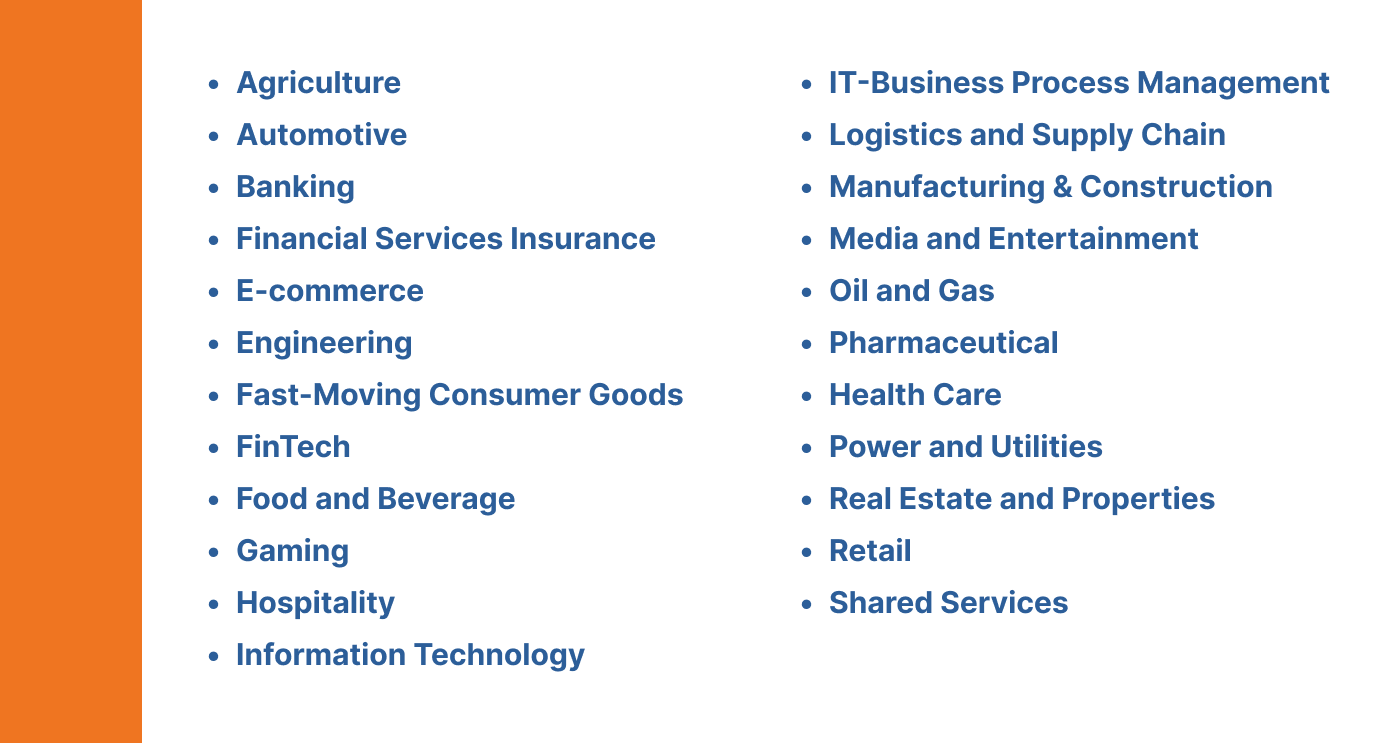By: Allanah Paragas
With the millions of professionals in the job market, recruiters are on the lookout for the top and quality talents for their teams. It’s because their main recruitment objective is to find top candidates who will contribute to the company’s success.
Every level in any career requires certain skillsets, attitudes, and a growth mindset. As a recruitment partner of companies from various industries, we see the trends in hiring professionals for their job vacancies. Whether the company belongs in the Business Process Outsourcing (BPO) sector or the Fast Moving Consumer Goods (or FMCG) industry, most of them have things in common when it comes to hiring top talents. To know the similarities, we interviewed our talent acquisition experts and asked them insights to help job seekers, like you, prepare yourselves to be the top choice of employers and Hiring Managers.
According to experts, while patiently waiting for the right opportunity to come:
Be productive and engage in activities that stimulate your knowledge
Successful people are productive professionals. They do worthwhile activities whether they’re building the foundations of their career or spending a restful weekend at home with their family. As defined by Psychology Today, productivity is “the ability of an individual, team, or organization to work efficiently within that time in order to maximize output.” Highly productive people are a mix of factors, such as motivations, personality, training, and even physical elements (i.e. exercising and eating healthy). They have mastered work-life integration and see every experience as a learning opportunity.
Hiring Managers prefer motivated and highly productive people to join their teams. Cess Ranola, Sr. Talent Acquisition Head of Asia Select, shares her insights, “As headhunters, we ask indirect questions—such as what they did for the past months while waiting for a job opportunity. Why? It’s because those types of questions let us see and understand the person’s outlook and attitude in life; plus help us infer what type of learner the person is. Aside from having the right set of hard skills, Hiring Managers also choose quality talents who are productive at work and off-work.”
Reflect on your skills and experiences and craft your resume well
Your resume is the one or two-page document that a recruiter or Hiring Manager will see. It should create a good first impression that will help you land on your first interview. For them to notice you, you should craft the best resume, by remapping the important details, such as the technical skills you learned over the years and the accomplishments you earned from each work experience.
Sourcing, or looking for job candidates, is the first stage of the recruitment process. According to Jush Cruz, one of Asia Select’s Talent Acquisition Heads, “The first thing we look for is the job candidates who fit the role’s qualifications and requirements. During the sourcing process, we compare the candidate’s resume to what is required for the role. Even though the person is a 100% match to the position, based on the hard or technical skills, it’s not a guarantee that he or she will be hired because there are other factors that employers are looking for, such as human skills, being culture-fit, and other factors. As headhunters, we coordinate thoroughly with the Hiring Managers so we can look for the right talent fit for the job.”
Possess human skills to help you fit in different company cultures
Simon Sinek, prefers the term human skills over soft skills. According to him, these are skills needed to be a better human being. Having these skills (i.e., effective confrontation, handling difficult conversations, listening, and empathy) are essential to every role nowadays because they help in your collaboration with different teams and people.
An organization is composed of diverse teams of people functioning as one towards attaining the company’s goals. If you want to be part of any organization, it’s best to possess the human skills to be culturally fit thus helping you work collaboratively with other people. Cath Amisola, a Talent Acquisition Head of Asia Select, mentioned, “Hiring Managers prefer candidates who can fit their team’s dynamics and the company culture. One of the ways we do to find culture-fit job candidates is by asking situational questions, like how to handle difficult conversations or how to cope with unforeseen events. Their perspective on each situation and the solutions they come up with are integral factors that help us, headhunters, determine if the candidate has human skills that will help him or her work harmoniously with different teams and people.”
As soon as you receive an email or a call from a recruiter for an interview, you should:
Research more about the role, the company’s goals, and its industry
Before your scheduled job interview, make the necessary preparation. You can start by delving into the role you have applied for—aligning your skills and capabilities and being on top of the trends.
Next on your to-do list is to explore the company and the industry it belongs to. Know more of their goals, products, and services by going to their social media pages and website, and extensively reading articles about them. While getting the necessary information, relate it to the position you have applied for. Analyze how you can apply your skills and experiences to achieve great KPI results and to help the company succeed.
Last, the things you need to do before your scheduled first video interview are to test your equipment and internet connection, and get a good background—it can be a simple physical background or a minimalist virtual one.
To be a top job candidate, you need to understand that experience and preparation are vital. It may take months or even years for you to learn and apply the things we shared, but it will be best for you to start working on yourself now. As Bill Gates, co-founder of Microsoft, said, “I am not in competition with anyone but myself. My goal is to improve myself continuously.”







